Contents
- 1 9 Strategies To Improve Indoor Air Quality During Winter
- 2 9 Strategies to Enhance Indoor Air Quality During the Heating Season
- 2.1 1. Regular House Cleaning
- 2.2 2. Ductwork Inspection and Maintenance
- 2.3 3. Consistent Replacement of Air Filters
- 2.4 4. Consider Upgrading Your Air Filters
- 2.5 5. Address Pollutants at Their Source
- 2.6 6. Enhance Ventilation in Key Areas
- 2.7 7. Invest in an Air Purifier for Enhanced Particle Filtration
- 2.8 8. Adjust Indoor Humidity Levels
- 2.9 9. Implement Air-Heat Exchangers
- 2.10 Conclusion
- 3 Contact Tevis Energy for Comprehensive HVAC Services
Experiencing the chill of winter often leads us to seek refuge inside our homes, yet this does not always equate to a cozy and healthy environment. Air quality within our living spaces can significantly deteriorate as the temperature drops. This comprehensive article explores the reasons behind this decline in winter air quality, examines its effects on our well-being, and offers insights into effective strategies for enhancing indoor air quality.
9 Strategies To Improve Indoor Air Quality During Winter
Every homeowner has the power to combat poor indoor air quality. This common challenge comes with well-established solutions that can significantly enhance the health and comfort of all household members. In the following sections, you’ll gain insights into the underlying causes of indoor air quality issues and discover practical tips for enhancing air quality. Implementing these strategies can transform your home into a healthier and more comfortable haven during winter.
Why the Indoor Air Quality Declines in the Winter Months

Highly insulated homes, popular for their energy efficiency and lower bills, retain warm air well, easing the load on heating systems. However, this airtightness can trap indoor pollutants like pollen, dust, and chemical fumes, recirculating them and impacting occupant health. Additionally, such homes often experience drier indoor air in winter, affecting comfort.
The Consequence of Poor Indoor Air Quality on Health
The extent to which poor indoor air quality affects health is influenced by the severity of the air quality issue and the duration of exposure. While temporary visitors may not experience significant effects, regular inhabitants of the home who are consistently exposed to these pollutants can face notable health challenges. The US Environmental Protection Agency highlights several ways in which compromised indoor air quality can impact human health:
Minor Irritations
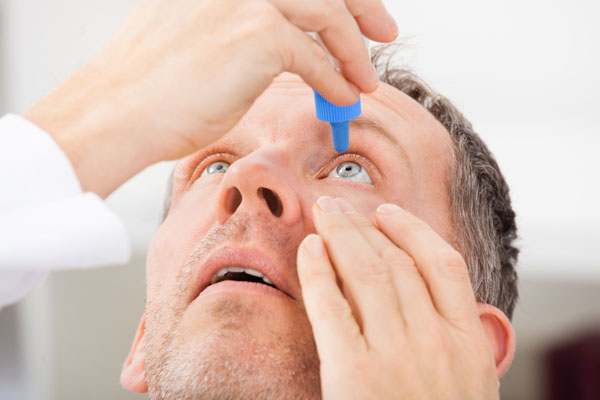
Poor indoor air quality exposure can lead to mild irritations affecting the eyes, throat, and nose. Individuals with allergies to airborne particles in the environment may experience more pronounced symptoms. Typically, these irritations subside once the individual departs from the affected area.
Persistent Fatigue
Residents in homes plagued by poor air quality often face an overburdened immune system due to constant contaminant exposure. Common complaints include dizziness, headaches, and a persistent sense of fatigue. This ongoing tiredness can have a detrimental effect on their overall well-being.
Cancer
Certain airborne particles have the potential to be carcinogenic. A notable example is Radon, a substance known to increase the risk of lung cancer. Ongoing studies investigate the links between other compounds found in indoor air and their potential association with cancer.
Respiratory Conditions
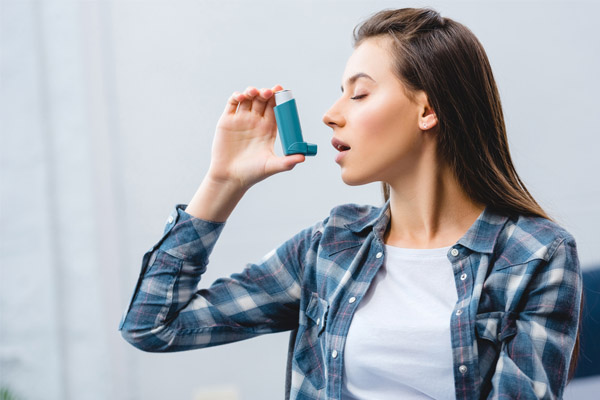
People suffering from pre-existing respiratory diseases may experience a worsening of their symptoms in places with poor air quality. Pollutants in the air can trigger conditions like asthma, necessitating increased vigilance and management of these health issues.
Fatal Risks
Exposure to certain toxic gases, such as carbon monoxide, can be lethal, even over a short period. Carbon monoxide, a byproduct of combustion, cannot be detected by human senses.
9 Strategies to Enhance Indoor Air Quality During the Heating Season
1. Regular House Cleaning
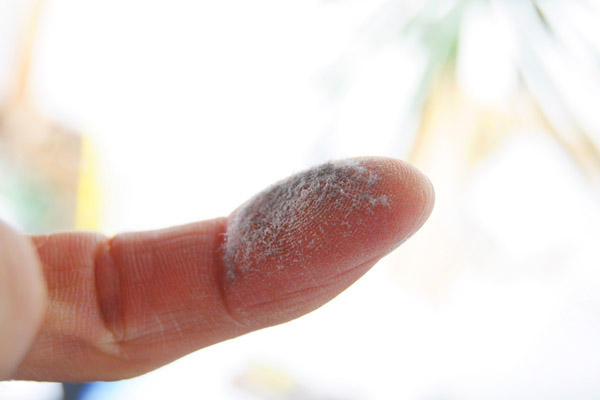
Dust accumulation on various surfaces can become airborne and pose health risks when disturbed. To mitigate this, maintain a regular cleaning schedule, focusing on dusting and vacuuming. Those responsible for cleaning should protect themselves with air filter masks. Consider utilizing non-toxic cleaning products for added safety.
2. Ductwork Inspection and Maintenance
Air circulates throughout your home via the ductwork. Over time, these ducts can accumulate dirt, negatively impacting indoor air quality. Contact an HVAC contractor for a thorough ductwork inspection. Professional technicians can identify and fix any leaks and are equipped to clean the duct’s interior.
3. Consistent Replacement of Air Filters
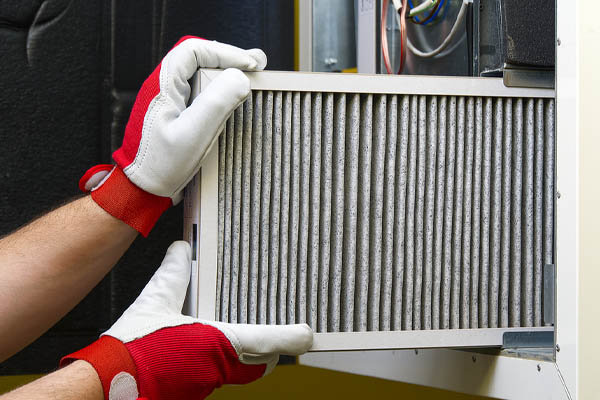
HVAC system air filters trap unwanted particles and serve as a primary defense against indoor pollutants. However, their effectiveness diminishes over time as they become clogged. It is vital to replace these filters regularly, adhering to the manufacturer’s recommended schedule. Remember that replacement frequency can vary depending on specific household conditions. For instance, homes with pets might need to replace their filters more frequently than those without. A good practice is to inspect your air filter monthly and replace it whenever it appears dirty.
4. Consider Upgrading Your Air Filters
Standard air filters are typically effective at capturing larger particles, but smaller pollutants often pass through, continuing to circulate indoors. Upgrading to high-efficiency air filters can address this issue but may necessitate modifications to your HVAC system to maintain optimal airflow. Consult with your HVAC contractor to explore the best options for your system.
5. Address Pollutants at Their Source
Identify and tackle the primary sources of indoor pollutants in your home. Common culprits include outdated heating equipment, toxic cleaning products, and hazardous building materials. Consider hiring experts to inspect your home, assess the situation, and provide solutions.
6. Enhance Ventilation in Key Areas
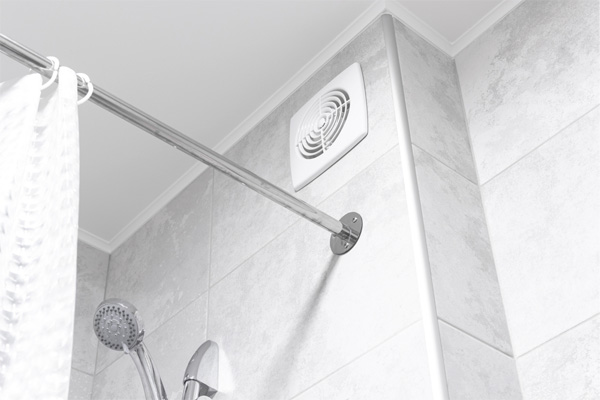
Check for indications of inadequate ventilation, such as the presence of mold, persistent odors, or condensation on walls. Pay particular attention to areas where these signs are more pronounced. Rooms like kitchens and bathrooms typically require more robust ventilation. Ensure sufficient airflow during home renovation activities, such as painting or sanding.
7. Invest in an Air Purifier for Enhanced Particle Filtration
Sometimes, the air filters in your HVAC system might not suffice for optimal air quality. Integrating an air purifier can significantly enhance particle capture in your home. Many models have activated carbon filters for eliminating odors and neutralizing pathogens. Consult with your HVAC contractor to find a purifier that effectively complements your existing HVAC system.
8. Adjust Indoor Humidity Levels
The air during winter months can be notably dry, leading to discomfort, such as dry nasal passages and throats. Employing a humidifier can help maintain indoor humidity at comfortable levels. Consider discussing whole-house humidifiers with your HVAC contractor for a more comprehensive solution.
9. Implement Air-Heat Exchangers
Air-heat exchangers are designed to replace stale, polluted indoor air with fresh outdoor air. This efficiently manages this exchange without the significant energy cost of heating the incoming air.
Conclusion
Enduring the winter season doesn’t need to be a time of discomfort for occupants of residential, commercial, or industrial buildings. Property owners can significantly enhance the indoor environment by adopting the tips listed above for improving indoor air quality, making the colder months more agreeable for all. Seek the expertise of reputable HVAC contractors for assistance and to initiate these improvements at the earliest opportunity.
Tevis Energy’s sister company, Modern Comfort, performs HVAC installations, replacements, tune-ups, and more. Our technicians can provide you with expert HVAC services to ensure that your system provides you with the comfort and efficiency you deserve. Call now to schedule an appointment.
Contact Tevis Energy for Comprehensive HVAC Services
Tevis Energy provides top-notch heating and cooling solutions across central Maryland and southern Pennsylvania. Our team comprises highly skilled, certified technicians ready to deliver exceptional HVAC services, including tune-ups, repairs, installations, and replacements. Each technician brings extensive knowledge and experience, ensuring your HVAC system gets the best care possible.
We at Tevis Energy are committed to offering the region’s most competitive prices for heating and cooling services. Our maintenance offerings are designed to enhance your comfort, boost energy efficiency, and reduce your heating and cooling expenses. Should you require an HVAC repair or a new system installation, our team can recommend the most fitting options that align with your budget. We stand behind our work with a satisfaction guarantee. For a free, in-home estimate or to schedule a service appointment, contact Tevis Energy today.
You can click here to contact us now or call us at (410) 876-6800 to find out more! Click the link to view our service area.

Related Articles:
Posted in Blog
Tags: